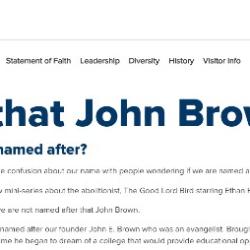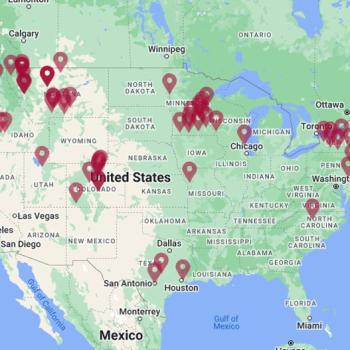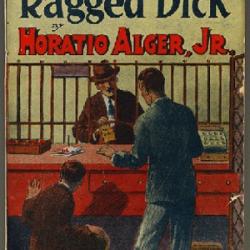Good piece in Sunday’s paper on the PPR — the poor people’s rate, or the premium that poor and working classes are charged over and above what the rich charge one another for the same goods and services.
If that sounds to you like contentious rhetoric that overstates the case, then please read the article: “Lower income can mean higher rates.”
Insurers often factor in a driver’s occupation and/or education level when setting rates.
The practice is legal in Delaware and all but a handful of other states.
But critics charge there’s no valid reason why a lawyer should pay less for insurance than a waitress with the same driving record, and that the practice results in minorities and low-income drivers paying more. And the difference in rates is more than spare change.
A 2007 report by the Florida Office of Insurance Regulation found the premiums one company charged Florida drivers varied by as much as 200 percent, depending on a driver’s occupation and education level.
The department found that under some plans, drivers “with more professional occupations (doctors, lawyers, architects), and advanced college degrees” received preferred rates while blue-collar workers and those with a high school education paid more.
“It’s not obvious to me why a clerk is a worse driver than a CPA,” said Robert Hunter, director of insurance for the Consumer Federation of America.
Let me repeat that one line:
A 2007 report by the Florida Office of Insurance Regulation found the premiums one company charged Florida drivers varied by as much as 200 percent, depending on a driver’s occupation and education level.
The PPR, for auto insurance, can be as high as 200 percent. That’s hundreds of dollars. Every year. Hundreds of dollars charged to people who, by definition, do not have hundreds of dollars to spare and charged because they do not have hundreds of dollars to spare.
The game is rigged.
* * *
John McCain seems to have forgotten the First Rule of Holes when it comes to his goofy proposal for a “gas tax holiday.”
The Arizona senator’s Big Idea is to help Americans at the pump by diverting an additional 18 cents of the price of every gallon of gas to the profits of the oil companies. The effect on what we’re all paying to fill our tanks would be negligible — far less than 18 cents a gallon. But the side effect — an $8-$10 billion windfall for the oil companies taken directly from funds needed for highways and bridges — would be six different kinds of bad. That side effect is so vastly disproportionate to the purported aim of this policy that it’s difficult not to suspect that this side effect is really the proposal’s primary purpose.
You’d think at least one of McCain’s advisers would point out that transferring billions of dollars from the public coffers directly into the pockets of ExxonMobil and Royal Dutch Shell seems like a dumb thing to do while running for office. Trying to spin such corporate welfare as help for working families just adds insult to injury.
But McCain is defiantly proud of his hole and he’s determined to keep digging. Economists have uniformly panned McCain’s proposal. In the words of MIT’s Joseph Doyle, economists “are as close to unanimous as it gets in viewing the proposal as a horrible idea.” Undeterred, McCain struck back: “I’m not going to put my lot in with economists,” McCain said.
What more evidence do you need that this man is simply a carbon copy of George W. Bush? That McCain would stoop this low, cloaking himself in populism while sneering behind his hand that the people are too stupid to realize his shell game won’t help them, just his corporate masters, just goes to demonstrate that …
Wait, what? It was who?
You’re kidding.
Well, that’s just … it’s …
Is there a word that conveys both extreme disappointment and outrage? Because that’s the word I need here.
















